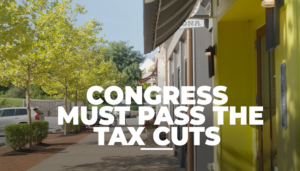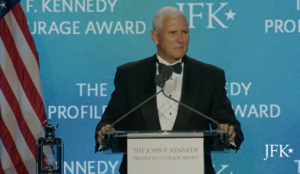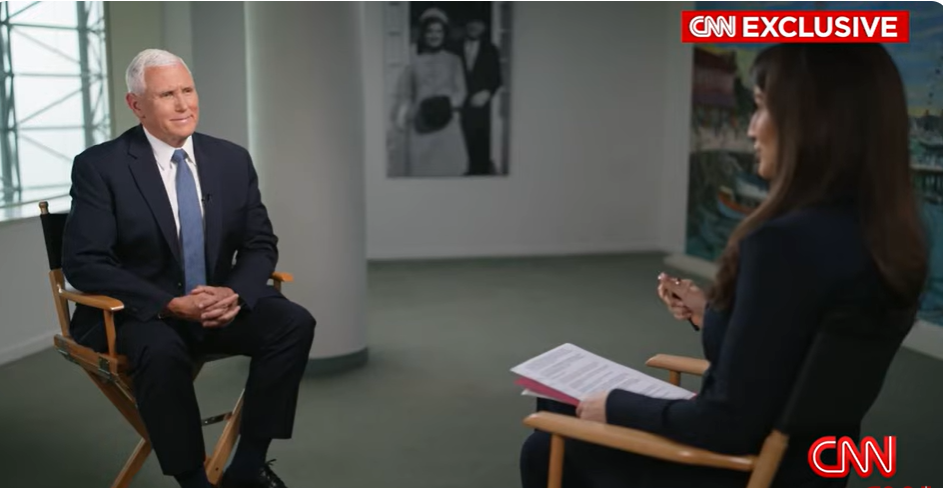AAF’s $10 Million Year-Long Nationwide Campaign Urged Congress to Renew Trump Tax Cuts
WASHINGTON – Advancing American Freedom President Tim Chapman praised today’s signing of the One Big Beautiful Bill averting a massive unwanted tax hike on millions of Americans:
“Republicans have scored a landmark victory that will renew the historic Trump-Pence tax cuts and stop the largest tax hike in American history. Today’s bill signing means that the average American family won’t be paying an extra $2,100 in taxes next year. This is a resounding affirmation of the conservative economic principles that have fueled American prosperity for decades and Americans should thank their Members of Congress for getting this bill across the finish line.
“This bill delivers hard-fought conservative wins. It makes the first significant entitlement reform in more than three decades, dramatically reshapes Medicaid, and pauses taxpayer funding for Planned Parenthood. These are encouraging steps for conservative principles and Congress cannot stop here. We urge Republicans to redouble their efforts to rein in continued runaway spending, fully end Biden’s Green New Deal, and address our national debt crisis. We look forward to seeing this bill implemented along with further action from Congress to deliver on the promise of a limited government and a strong America.”
For the past year, Advancing American Freedom has activated a $10 million nationwide grassroots campaign urging Congress to renew the historic Trump-Pence tax cuts and stop the largest tax hike in American history. AAF’s campaign has featured grassroots events across the country with AAF Founder Vice President Mike Pence, a slate of tax policy briefings for Capitol Hill staff, targeted ad campaigns in key districts, and the website ExtendTheTaxCuts.com to serve as a one-stop shop for Members of Congress and their staff to get the bill across the finish line. AAF’s campaign also featured hundreds of media appearances, opinion pieces, letters to Congress, fast facts, talking points, memos, and an in-depth report urging Congress to take action.
AAF will continue to defend the historic accomplishments of the Trump-Pence tax cuts and use ExtendTheTaxCuts.com as a resource for Members to defend the bill on the campaign trail now that it has been signed into law. Visit ExtendTheTaxCuts.com today and click below to read more on the significance of today’s bill signing:
REPORT: AAF’s Conservative Blueprint to Protect American Taxpayers
MEMO: American Families Won with the 2017 Tax Cuts
MEMO: Flawed CBO Revenue Estimates Should Not Set Terms for TCJA
Advancing American Freedom is a nonprofit organization dedicated to developing and advancing conservative policy solutions and principles that improve the lives of all Americans. For media requests, please reach out to press@advancingamericanfreedom.com.




